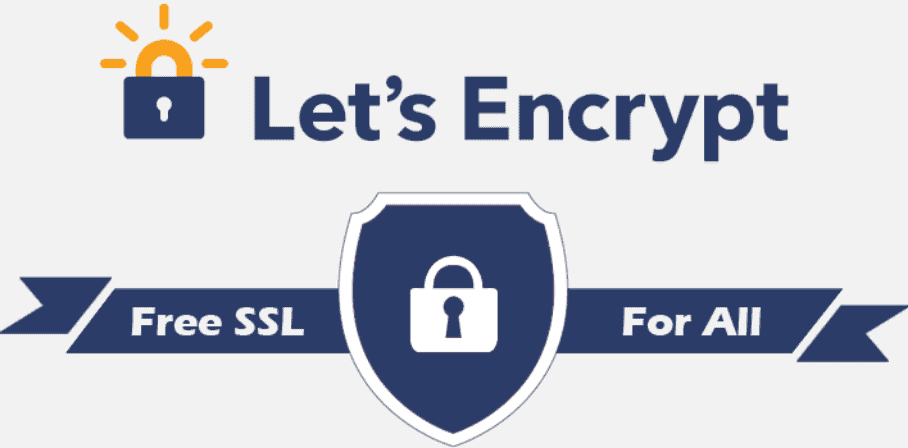Lets Encrypt: Not long ago most websites were not secured with Security Layer Security (TLS) encryption. Why the Internet started with HTTP instead of HTTPS. So today, 81% of websites worldwide use the HTTPS protocol. This percentage has reached 91% in the US.
We owe a huge thank you to the Internet Security Research Group for this huge increase in secure web browsing (ISRG) with their project Lets Encrypt.
Let's Encrypt just issued the billionth security certificate.

"Encryption should be the default for the Internet," said Josh Aas, CEO of ISRG and senior Mozilla technologist when Lets Encrypt was first created. project.
“The online landscape is a complex one space nowadays, and it is very difficult for consumers to controln their data. The only reliable strategy to ensure that everyone's personal data and information is protected while browsing the internet is encryption.”
Here we should mention that Let's Encrypt not only provided free TLS certificates around the world, but also made use of them very easy. The automatic process was made possible with ACME protocol (Automatic Certificate Management Environment).
ACME is now an IETF standard, RFC 8555 and automates the creation of public key infrastructure certificates (PKI), enabling the rapid creation of millions of security certificates.
Thanks to ACME, Let's Encrypt now serves nearly 200 million websites with two new employees and a 28% budget increase since June 2017.
To use ACME and obtain a certificate from Let's Encrypt, you need an ACME client. One of the best ACME clients is Certbot by EFF (Electronic Frontier Foundation).
EFF has developed Certbot to make it as easy as possible to secure a website with Lets Encrypt or any other CA supported by ACME.
However, as easy as it is for each of us to issue a security certificate for one of our pages, it is just as easy for malicious users to try to place "tampered" pages as safe.
By automating TLS certificates, Let's Encrypt is reportedly making them substantially easier malicious users who want to launch "secure" websites. to obtain safe locations. For example, hackers have been able to forge certificates to help hide malicious websites like pages from major companies such as Apple, Google and PayPal because any website can obtain a TLS certificate.
In short: just because you can log in to a site securely does not mean that the site itself is secure.
So Let's Encrypt is currently working on further improving its security quality.
For example, it has recently enhanced domain validation methods. It is a process used by all TLS certificate authorities to ensure that the person requesting a certificate is actually the owner of the domain for which they want it.
But despite the problem we mentioned above, Let's Encrypt (a non-profit company) seems to have done very well on the world wide web.





